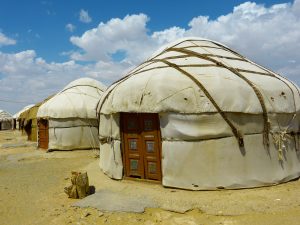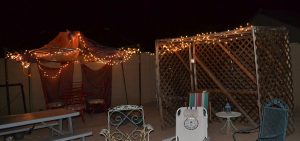The problem with far too many theologies is that God is understood and presented as an abuser.
Some abusive men start by picking at you and telling you everything you do is wrong. One thing at a time. Today it’s how you dress, then it’s how you do your hair. He reminds you all the time that he loves you and only wants the best for you, but the best is never what you’re doing. It’s always something different. And because you want to please him you do your best — but it’s never good enough. And in the end he reminds you how lucky you are that he chose you and loves you . . . especially because you’re not worth the love he’s giving you.
Some abusers declare their love and shower you with good treatment, but it’s always with a catch. And, ultimately, the threat of them leaving you is subtly (or not so subtly) hanging over your head. They love you, but if you don’t love them back good enough or the right way, or you don’t live the way they tell you to, then they will punish you by leaving you and you will have to learn to live without them. Or they will make sure you know your place and you will suffer at their hand because that is all you are worthy of and it’s their job to teach you that truth.

“I’m doing this because I love you and it hurts me more than it hurts you.”
Some abusers make you feel special that they chose you and over time they isolate you from your family and friends because they aren’t good enough. You’re only allowed to have the family and friends that they say you can have and those people all think the same way so if you try to tell anyone that he’s abusing you they will deny it and correct you on how you’re thinking — explaining why it’s not abuse. Usually it’s about you having the wrong perspective or if you only trusted him enough or if you could have his perspective you would get it.
God IS love. God is not an abuser. God is not twisted but so many doctrines are. Rejecting these garbage doctrines — rejecting the idea that God is abusive and refusing to live with an abusive deity — is NOT rejecting the God who created you, loves you, died for you and redeemed you. It’s healthy to reject a false image of God.










Recent Comments